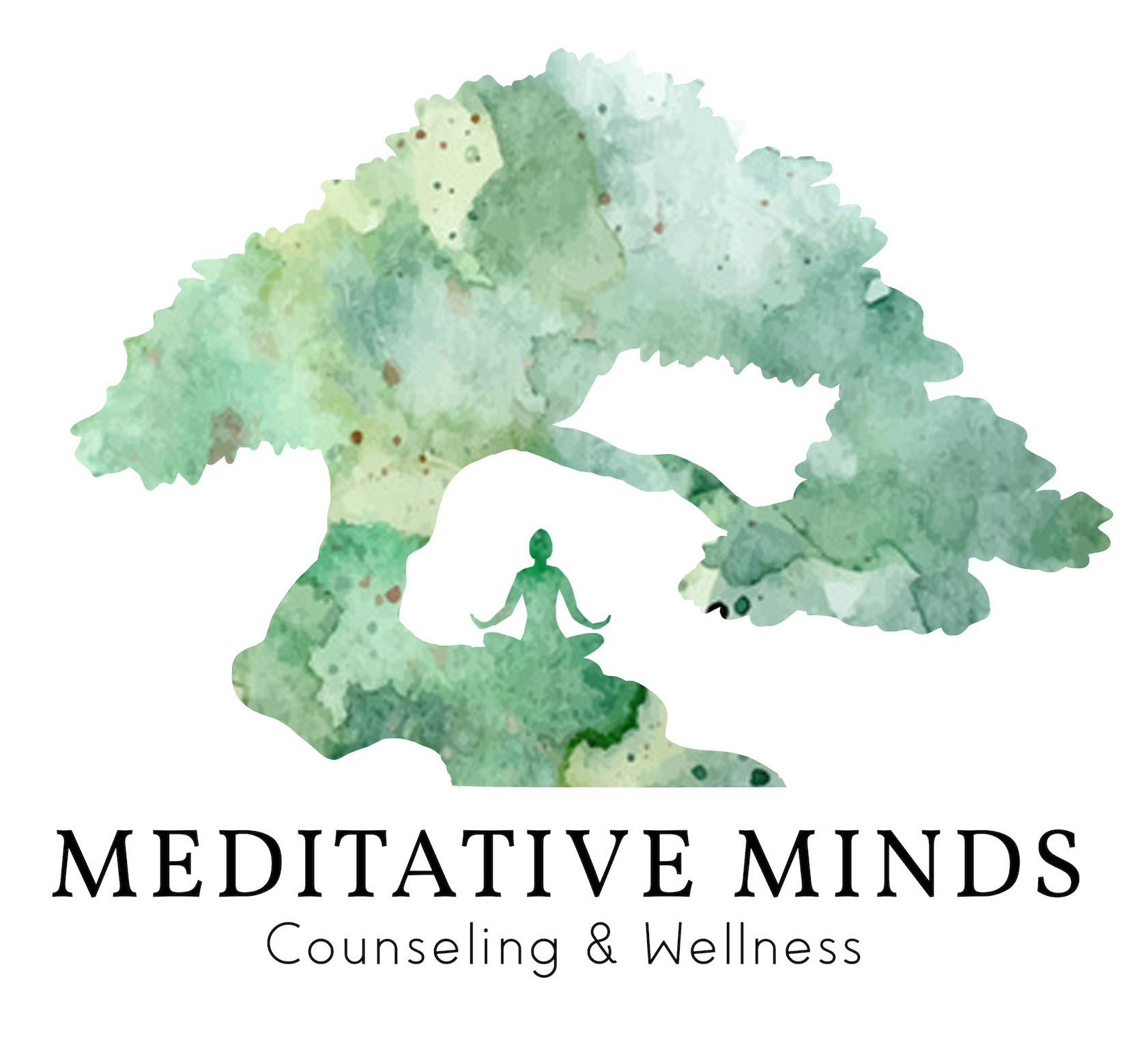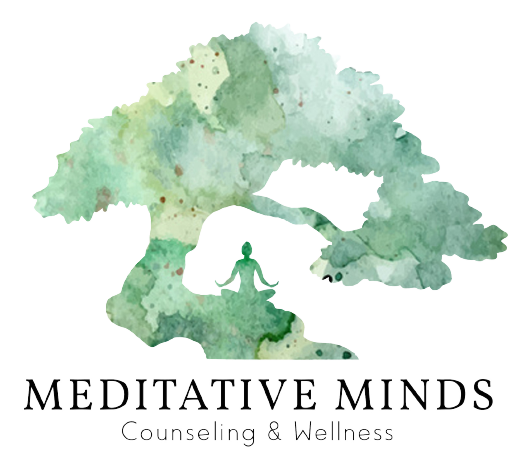In the realm of holistic health, the interconnectedness of our physical and mental well-being is becoming increasingly apparent. From the throes of chronic illness to the depths of depression, our bodies and minds often mirror each other’s struggles. Yet, amidst this intricate dance, therapy emerges as a guiding light—a bridge that spans the gap between our physical ailments and mental turmoil. In this blog, we embark on a journey to unravel the intricate link between physical and mental health, shining a spotlight on the pivotal role that therapy plays in fostering holistic healing. Through the lens of research, personal anecdotes, and expert insights, we delve into how therapy serves as a catalyst for transformative change, offering individuals the tools to navigate the complexities of their health with resilience and grace. Join us as we navigate the terrain where body meets mind, and discover the profound impact therapy can have on our overall well-being.
How Therapy Impacts Physical and Mental Well-being

In recent years, there has been a growing recognition of the intricate relationship between our physical and mental health. While once viewed as distinct entities, research has shown that our mental well-being profoundly influences our physical health, and vice versa. In this blog, we will explore the profound impact that therapy can have on fostering a harmonious balance between the mind and body, ultimately leading to improved overall well-being.
- The Mind-Body Connection: The mind-body connection refers to the complex interplay between our thoughts, emotions, and physical health. It suggests that our mental and emotional states can significantly impact our physical well-being, and conversely, our physical health can influence our mental state. For example, chronic stress and anxiety have been linked to a wide range of physical health issues, including cardiovascular disease, digestive disorders, and weakened immune function.
- Therapy as a Catalyst for Healing: Therapy, in its various forms, serves as a powerful tool for unlocking the mind-body connection and promoting holistic healing. By addressing underlying psychological factors such as stress, trauma, and negative thought patterns, therapy helps individuals cultivate a healthier mindset and coping mechanisms, which can have profound effects on their physical health.
- Stress Reduction: One of the primary ways in which therapy impacts physical health is through stress reduction. Chronic stress not only takes a toll on our mental well-being but can also manifest in physical symptoms such as headaches, muscle tension, and sleep disturbances. Therapy provides individuals with strategies for managing stress more effectively, whether through relaxation techniques, cognitive-behavioral therapy (CBT), or mindfulness practices. By learning to regulate their stress response, individuals can experience improvements in both their mental and physical health.
- Improving Immune Function: Another significant way in which therapy impacts physical health is by bolstering immune function. Research has shown that chronic stress can weaken the immune system, making individuals more susceptible to infections and illness. By reducing stress and promoting relaxation, therapy can help strengthen the immune response, leading to better overall health and resilience against illness.
- Managing Chronic Conditions: Therapy also plays a vital role in managing chronic physical health conditions. For individuals living with conditions such as chronic pain, autoimmune disorders, or cancer, the psychological toll can be significant. Therapy provides a supportive space for individuals to cope with the emotional challenges of their illness, navigate treatment decisions, and cultivate a sense of resilience in the face of adversity. By addressing the psychological aspects of their condition, individuals can experience improvements in their quality of life and overall well-being.
How Therapy Bridges the Gap Between Physical and Mental Health

Despite growing awareness of the mind-body connection, there remains a significant divide between physical and mental health care. This division often creates barriers to holistic wellness, with individuals facing challenges in accessing integrated care that addresses both their physical and mental health needs. In this blog, we will explore how therapy serves as a crucial bridge, breaking down these barriers and fostering a seamless integration of physical and mental health care.
Understanding the Divide
Historically, physical and mental health have been treated as separate domains within the healthcare system. While physical ailments are typically addressed by medical doctors and specialists, mental health concerns often fall under the purview of psychologists, counselors, or psychiatrists. This siloed approach can lead to fragmented care, with individuals receiving treatment for their physical symptoms without addressing the underlying psychological factors contributing to their condition.
The Impact of Stigma
Stigma surrounding mental health further exacerbates the divide between physical and mental health care. Many individuals feel ashamed or embarrassed to seek help for mental health concerns, fearing judgment or discrimination. As a result, they may delay or avoid seeking treatment altogether, leading to worsened physical and mental health outcomes over time. Therapy plays a crucial role in challenging and dismantling these stigmas, providing a safe and supportive space for individuals to address their mental health needs without fear of judgment.
Addressing Underlying Psychological Factors
One of the primary ways in which therapy bridges the gap between physical and mental health is by addressing underlying psychological factors that contribute to physical ailments. For example, chronic pain conditions such as fibromyalgia or migraines are often exacerbated by stress, anxiety, or trauma. By addressing these psychological factors through therapy, individuals can experience significant improvements in their physical symptoms and overall quality of life.
Collaborative Care Models
Increasingly, healthcare providers are recognizing the importance of integrated care models that address both physical and mental health needs. Collaborative care models, which involve coordination between primary care physicians, mental health professionals, and other specialists, are gaining traction as a more comprehensive approach to patient care. Therapy plays a vital role in these models, providing behavioral health support that complements medical treatment and helps individuals achieve better health outcomes.
Preventative Care and Wellness Promotion
Therapy also plays a crucial role in preventative care and wellness promotion. By addressing mental health concerns early on, therapy can help prevent the development or progression of physical health conditions. Additionally, therapy provides individuals with valuable tools and coping strategies for managing stress, improving self-care practices, and promoting overall well-being. By investing in mental health through therapy, individuals can take proactive steps to safeguard their physical health in the long term.
Conclusion
The exploration of the link between physical and mental health, particularly through the lens of therapy, underscores the vital importance of holistic wellness approaches in contemporary society. Through establishments like Meditative Minds Counseling & Wellness, situated in Simi Valley, CA, individuals are provided with a beacon of support for navigating the intricate interplay between their physical and mental well-being. The integration of therapeutic practices not only fosters individual healing but also contributes to a broader societal understanding of the interconnectedness between mind and body. As such, endeavors like these serve as pivotal catalysts in promoting comprehensive health and well-being in communities across the United States and beyond.


